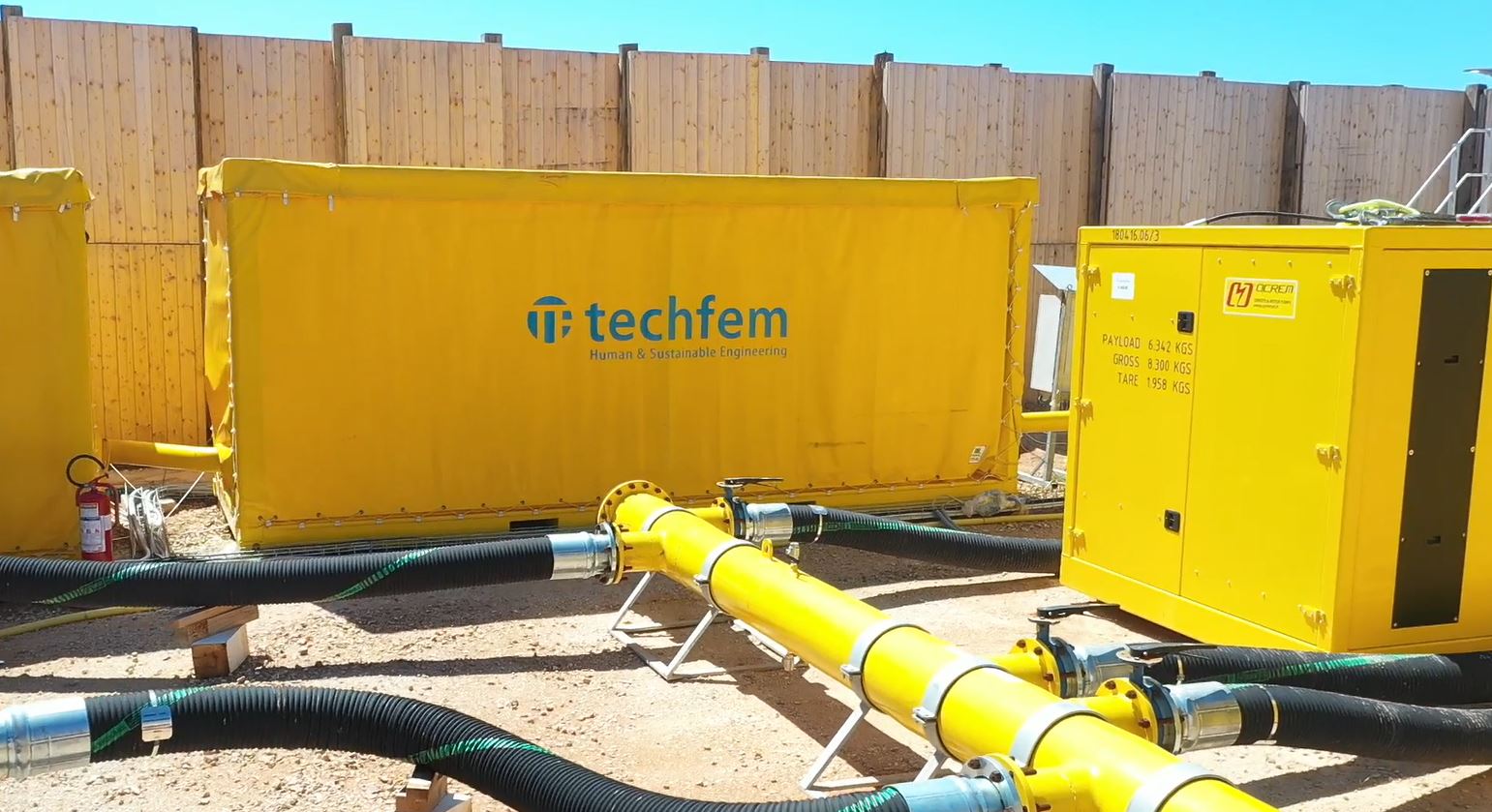Except prompt actions are taken, the country’s power sector may soon grind to a halt. No thanks to the over N1t debt owed power generating companies popularly known as GENCOs, gas suppliers and the plunging electricity generation, which dropped from 5, 222.3megawatts (mw) attained earlier this year, to 3, 689.39mw as at Tuesday, July 3, 2018.
In an exclusive interview with The Guardian, the Executive Secretary, Association of Power Generation Companies (APGC) Dr. Joy Ogaji, raised alarm that Nigeria’s power sector is grinding to a halt due to debts.
According to her, GENCOs are owed N1tr, out of which 70 per cent is for gas suppliers, while distribution companies (DISCOs) are owing too in the massive web of debts. Commercial banks are understood to have been told to stop giving loans to power sector players.
Out of the 3, 689.39mw generated by the GENCOs, 3, 632.15mw was sent out to the consumers on the same day.
The sector therefore lost N1.177 billion on July 3, 2018, according to latest data from the Nigerian Electricity Supply Industry (NESI).
In view of the mounting debt and sundry challenges in the critical sector, stakeholders, who are worried about such developments say the Federal Government through the Ministry of Works, Power and Housing appear no longer interested in the privatisation of the sector, hence its failure to complete the process embarked upon by the previous administration.
Only recently, 13 GENCOs broke their silence over the deplorable state of the country’s power sector, and accused the Federal Government of allowing the sector to plummet into debt hovering around N1.213t in the face preferential treatment to few operators.
The stakeholders, who insisted that the power sector is gradually being re-nationalised, express worries that the implication could create a predicament that will throw the entire economy into crisis, especially if twelve of the GENCOs, shut down operations.
The privatisation of the power sector was not completed before the new government came onboard, and in the last three years, the APC- led administration has done nothing about that, leaving big loopholes for the privatised entities, an energy economist, Dan Kunle told The Guardian.
Kunle said: “The government in the last three years perhaps attempted to re-nationalise what has been privatised, but when it looked at the legal and international implications, it must have said, ‘let the investors die if they want to die.’ This is the attitude of government. This is the reality that so many people are running away from.”
He stated that government’s insistence that the sector should sell electricity at a capped price without paying deficits incurred by the operators remained unacceptable.
“The agreement was that the cost reflective of electricity would be review mathematically yearly, but nothing says you cannot touch the price of electricity and petrol. But while paying subsidy for petrol, they have refused to pay the deficits for electricity tariff they have disallowed from being reflected in the daily charges,” Kunle said.
Since the industry operates as a value chain, Kunle insisted that privatising a section and leaving the others in the hands of government was a deliberate attempt to frustrate the system, adding that production and supply of gas to power plants has remained in the hand of government to the disadvantage of the sector.
GENCOs had said 70 per cent of the current challenge they have had relates to gas, considering that almost all power plants in Nigeria depends on gas except three, which rely on hydro, but have limited combined capacity of about 1.5mw.
“GENCOs buy gas from NGC, owned by the Federal Government. NGC is not an efficient company so it is supposed to be privatiSed but the previous administration did not complete that and since this government came in the last three years, they have not allowed any entity to be privatised. Even the power plants that government built and they were about to be privatised this government has stopped them. So those power plants are idle. As a private investor, if you cannot buy gas through market mechanism, it is a problem. You are going to buy gas from government own entity, who has no control; ability to finance supply of gas to you unless it waits for government over production of the gas.
“When you generate electricity, you have to pass it to the transmission company, which is owned by government. Transmission infrastructure is very weak and cannot transmit 6, 000mw. The distribution company will only distribute what they manage to get. The distribution networks are very poor and cannot deliver electricity effectively, except for Abuja city which is fairly new,” Kunle said.
Founder and CEO of ZKJ Energy Partners Ltd, an energy advisory, investment and power development firm, Rumundaka Wonodi, corroborated Kunle’s claims, stating that so many contract terms that were supposed to make the sector work effectively were not signed.
Wonodi, who was the pioneer Managing Director of the Nigerian Bulk Electricity Trading (NBET) Plc, said there were supposed to be a power budget agreement between NBET and each of the GENCOs, and another between the GENCOs and gas supplier, as well as, a payment guarantee that was expected to come from DISCOs to NBET were unenforceable because government had refused to act accordingly.
“These have made it difficult for people to enforce their rights under the contracts, so people just behave the way they can. That is one of the major issues. Another thing is that there are a few things that are not working. The DISCOs don’t have cost reflective tariff, the tariff is not fair, though they have raised prices of generation because of exchange rate, the same adjustment has not been done in the retail tariff. So, there is a gap between what they pay and what they receive,” he said.
Noting that some of the DISCOs have operated in secrecy in terms of what they receive and what they pay, Wonodi said that there could be market failure, unless government bridges the shortfall in the system.
Though a N701b intervention fund was approved for the sector, Wonodi expressed pessimism that the fund would address key challenges and indeed faulted the manner the fund was dispensed.
“The money was just given without a concrete number, or cost that the DISCOs would contribute. That would have been an opportunity to have some kind of enforcement. If this situation continues, growing power generation will be very difficult because nobody will give us money to expand the network or add additional gas supply.”
“What will happen is that only government will continue to fund the sector, which is not the plan. This is returning us to square one and what is bad in this is that distribution companies collect the money and pay whatever they like to government,” he said.
Spokesperson, Nigerian Electricity Regulatory Commission (NERC), Usman Abba-Arabi, who admitted that the GENCOs are being owed, said he needed time to be adequately inform of the next line of action that government would take on the issue before commenting.
President of the Nigerian Association for Energy Economics (NAEE), Prof. Wumi Iledare, on his part said the solution to the multitude of challenges in the sector, especially the high level of debt is for government to allow market mechanism determine electricity tariff.
He insisted that government interference in NECR remained critical challenges affecting the sector, adding that there was need to revisit the country’s electricity act to fine-tune the lapses.
“We need policies that are flexible, effective and adjustable to drive the sector. If the investment is in dollar and you are paying naira there will be problem. If you don’t pay GENCOs then they won’t be able to pay for the gas they are using. Everything revolves around appropriate pricing of commodity. It begins with the tariff we pay for electricity. Everything begins at the tariff end of electricity and all the investments in the value chain must be considered to be able to determine what tariff will make transmission possible and make GENCOs operate,” Iledare noted.
He said the original intention of the privatisation would remain elusive if government had to keep borrowing money to fund the sector, adding that the situation may force government to take over the assets.
“You cannot dictate the tariff. Tariff must meet investor’s objective. Look at the amount of money government has pumped into the power sector. Investors in the power sector must look at it as a long term business,” he said.
On July 3, 2018, the power sector recorded unavailable generation capability of 2, 452mw as gas; water management and line constraints persisted.
Seven power plants generated zero megawatts on the day due to several challenges in the sector.
For example, Gas Turbine (GT) 1 & 4 belonging to Alaoji Power, one of the country’s Independent Power Plants (NIPP), were out due to gas constraint, while its GT3 was shut down due to lack of spare parts to bring it back to work.
Also, Olorunsogo NIPP’s GT1 & 3 has been out due to gas constraint, while GT4 was also not working due to ignition failure and control relay failure alarm.
The Odukpani NIPP’s GT1 was out due to fault; GT2 out due to malfunctioning gas regulating valve; GT3 out owing to high air inlet differential pressure; GT4 & 5 were shut down to enable engineers work on a gas pipeline equipment.
Rivers Power Plant GT1 is out on maintenance, ASCO power plant was shut down due to leakage in the furnace while AES has been out of production since September 27, 2014.
AFAM IV &V GT1 – 12 have been de-commission and scrapped. GT13-16 was out on blade failure, while GT17 has technical issues. GT18 was out on air blow valve not closing, while GT19 &20 are awaiting major overhaul.
Managing Director/Chief Executive Officer of Niger Delta Power Holding Company (NDPHC), Chiedu Ugbo, in his new year message that Gbarain Power Plant in Bayelsa State have attained over 90 per cent completion, Alaoji in Abia State over 80 per cent; Omoku in Rivers State, 71 per cent while Egbema achieved 67 per cent completion level.
He said that the company is also working seriously toward the completion of the second unit at Gbarain Power Station thereby bringing the total capacity of that plant to 225mw on the grid, while completion of Alaoji Combined Cycle Phase that will bring additional capacity of 270mw with one block steam cycle is also in top gear.









